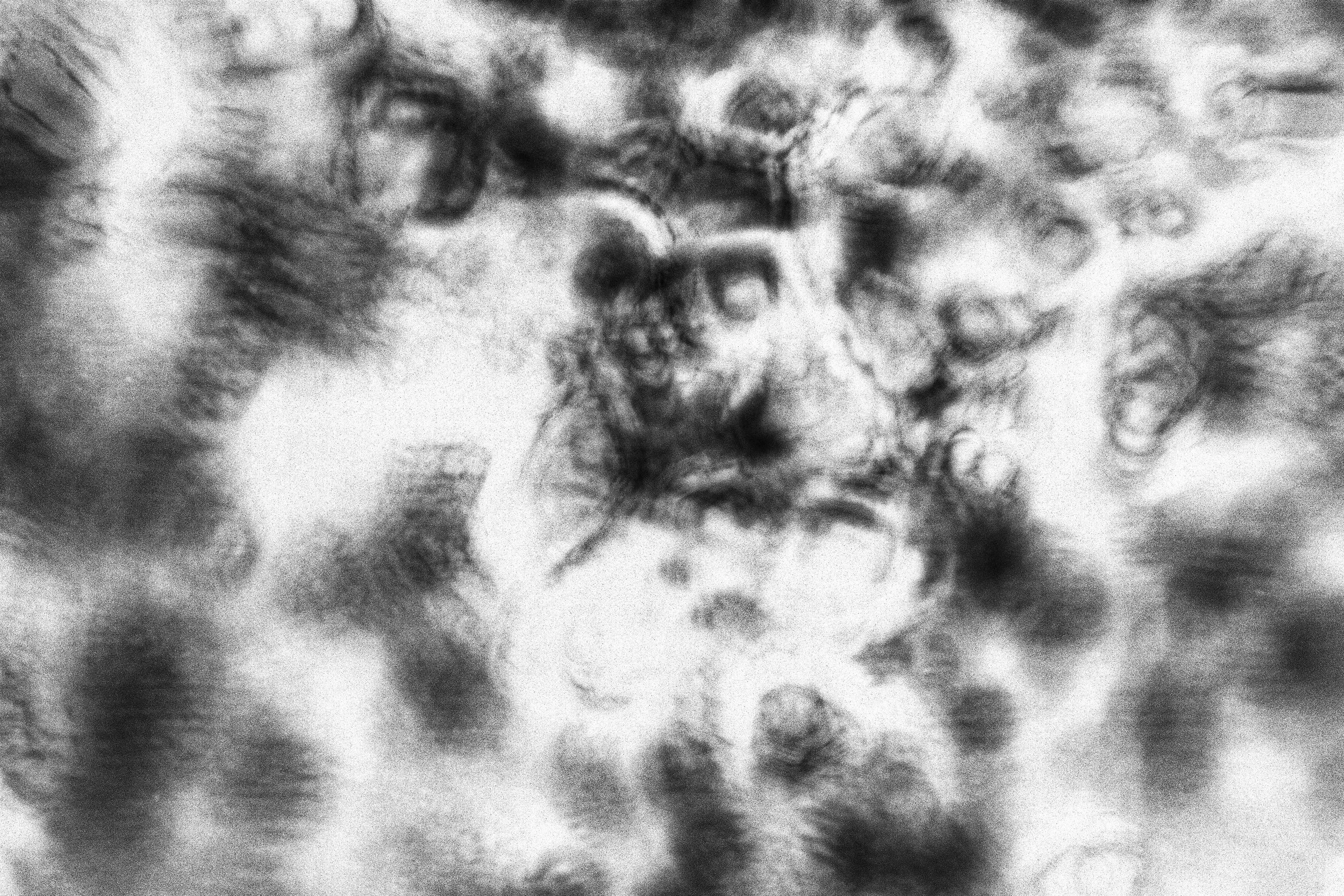Clausa Clamoris/No Tongue To Graze The Palate.
This work delves into the internal conflict of an individual compelled to repress his authentic emotions. Outwardly, he appears composed, his face frozen, serene, like a membrane that permits no fissures. His eyelids appear calm and neutral, beneath them, there is an underlying tension, as though they are subtly anxious or preoccupied with something unseen. Yet, within, something pulses, beats, and strains to break free. It is more than mere emotion, it is a voice desperate to be heard, but remains stifled. A mute scream, directed either at the world or at oneself.
We exist in a world where external appearance often supersedes inner substance. We are conditioned to uphold composure, to conceal vulnerability, to mask pain. But what transpires when suppressed feelings accumulate over time, coalescing into an asphyxiating weight within? The more one strives to remain impervious, the more the internal tension intensifies. Eventually, this scream becomes intolerable, it either fractures the facade or evolves into a ceaseless hum that one must adapt to, living in its presence.
The central motif of this work is an individual poised between tranquility and inner tumult. His face may seem tranquil, but this is but a facade. Perhaps he fears exposure, terrified of being misunderstood or judged. Or perhaps his scream is not meant for the external world, but for himself, a desperate attempt to reconnect with his authentic self, long buried beneath the layers of social masks and expectations.
This work serves as an exploration of the invisible, all-consuming struggle that each person endures. It speaks to the emotions we suppress, out of fear of being misinterpreted. To the moments we wished to say something to them and ourselves, but remained silent. To the voices we silence. This scream within is about all of us. It is about that delicate threshold where one either permits themselves to finally express the pent-up emotions or succumbs entirely to their inner torment.


